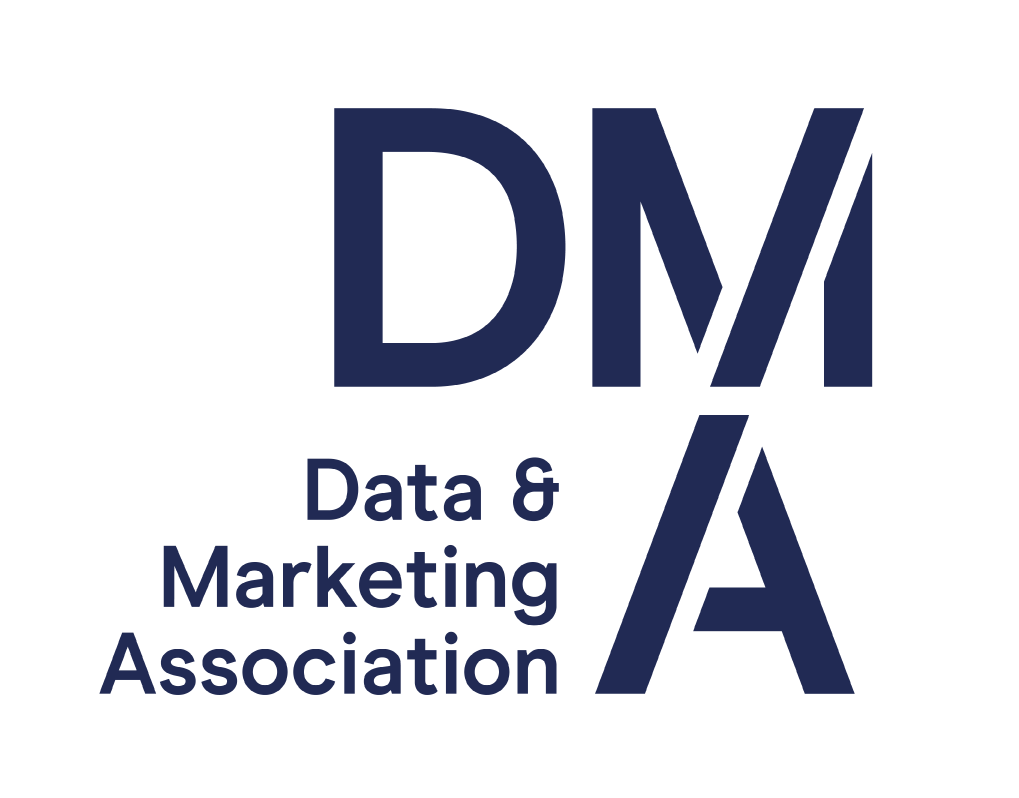Who owns your content online?
18 Mar 2014
MySpace got into hot water last year for deleting years of users’ blog posts before its re-launch. There was uproar from users, and in response MySpace created an export tool to allow them to download their old posts from the site.
Were users right to get upset? Did MySpace have to hand over old posts to users whose accounts had been deleted?
The short answer is that, legally, it didn’t have to do a thing.
What are your rights to the content you post?
If you regularly post content to a social network or blogging platform, you should consider two issues:
- Who owns the rights to the content you post?
- The availability of the platform on which the content appears.
Let’s look first at who owns the rights to the content. It’s fairly straightforward: if you created the content, you own it. That is, assuming you haven’t assigned rights to another party (for example, a company which paid you to create the content) – and it doesn’t infringe copyright. See my blog post on using photos in social media.
What you don’t own, fairly obviously, is the platform on which you’re posting that content.
If you’re posting to WordPress or Facebook, for example, you are relying on the availability of the platform to host your content for you. You don’t automatically have the right to expect the people at that platform to do so.
Mostly, these are free services. The platform owner couldn’t possibly guarantee the availability of the service – managing the legal risk would be too great. What if it went bust, or was bought? It has to retain the right to delete content, or to suspend users.
Read the terms and conditions
As ever, the detail is in the contract: the terms and conditions that so few people read until it’s too late.
The main social media and blogging platforms retain the right to terminate or suspend the service at their discretion, at any time.
Broadly, what varies is how each platform communicates this. Google’s terms of service (for all its properties including Blogger and Google+), say: “If we discontinue a service, where reasonably possible, we will give you reasonable advance notice and a chance to get information out of that service.”
This is an unusually user-friendly statement, and Google is the most explicit of the main platforms on the issue of getting information out in the event of a service suspension.
In July 2013, Tumblr (acquired by Yahoo in May 2013) shut down the account of Bohemea, a blogger with more than 100,000 followers, after the platform received five complaints that she had used copyrighted material in her posts. According to the blogger, she offered to take down the material in question, but was not given the opportunity to do so.
Tumblr’s terms of service say it “may change, suspend, or discontinue any or all of the Services at any time, including the availability of any product, feature, database, or Content … Tumblr may also terminate or suspend Accounts … at any time, in its sole discretion”.
So it was completely within its rights in this case. Sometimes, a platform or service might not have the resource (or inclination) to investigate every legal complaint, and it might just be simpler to delete the post or user causing the problem. Paid sites (and therefore often those with better funding) might have more resources to be able to investigate.
Don’t risk losing your followers and your hard work
But a following of 100,000 is hard won, and even harder to win back after a suspension. There is a real risk that you could lose everything you’ve worked for, if you’re relying solely on a third-party platform as a place to build your reputation or following.
Even if you own the content you’ve created, you may, by agreeing to the terms of a site, be granting that site a licence to use your posts. This is most notably true in Facebook’s case.
The terms state: “You own all of the content and information you post on Facebook and you can control how it is shared through your privacy and application settings.”
However, it goes on to say: “For content that is covered by intellectual property rights, like photos and videos (IP content), you specifically give us the following permission, subject to your privacy and application settings: you grant us a non-exclusive, transferable, sub-licensable, royalty-free, worldwide license to use any IP content that you post on or in connection with Facebook (IP License). This IP License ends when you delete your IP content or your account unless your content has been shared with others, and they have not deleted it.”
So you own your content, but you can’t fully control where and how it is used by Facebook. It is, after all, a free service (for now anyway – note the term that says “We do not guarantee that the platform will always be free”). That’s the trade-off.
How to protect your content
What should you do to protect yourself? Here is my checklist to minimise the risk of losing your content:
- Always read the terms and conditions of the platforms you use, so you’re not caught out
- Minimise the risk of suspension: abide by the terms of the platform and check you’re not infringing copyright on anything you post
- Respond promptly to any copyright infringement allegations
- Never rely on a platform to be the sole repository of your IP, or your fans / followers
- Consider spreading the risk across different platforms
- Have a plan B, in case the platform goes down or your account is suspended
- Take back-ups of everything you post.
By DMA guest blogger Rachel Boothroyd, Legal Counsel, eModeration
This blog first appeared on the eModeration website.




Please login to comment.
Comments